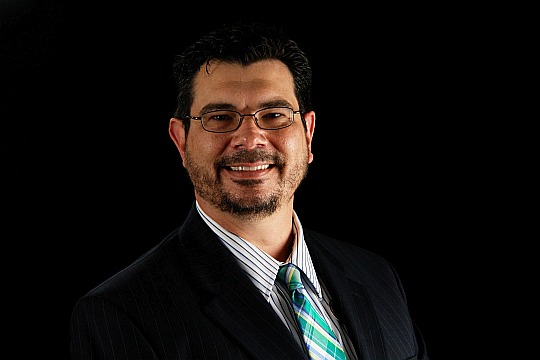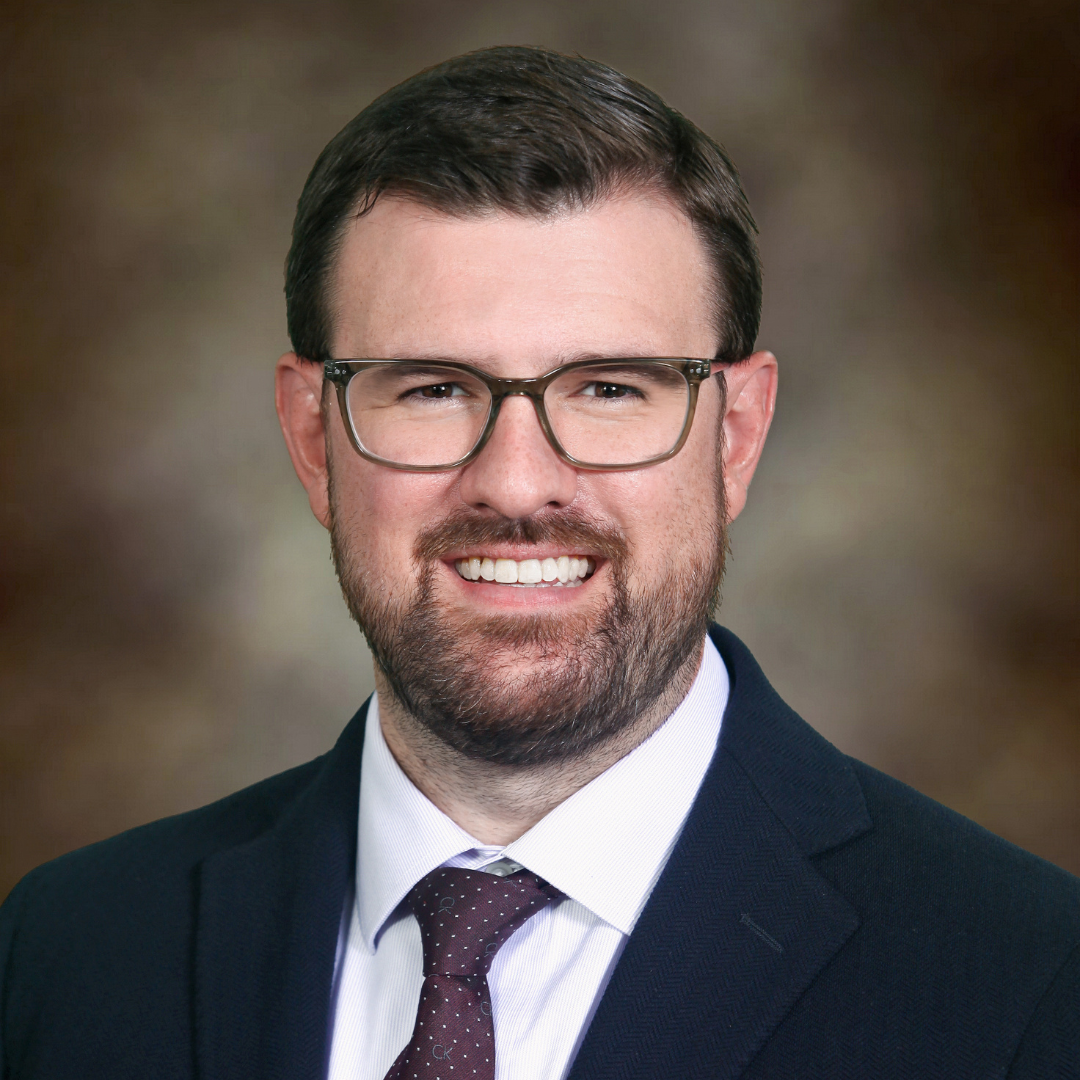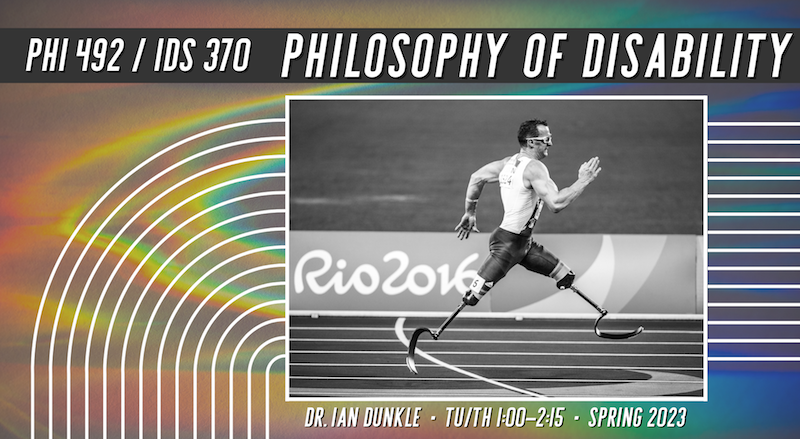Center for Ethics and Health Humanities
Center for Ethics and Health Humanities
The Center for Ethics and Health Humanities sponsors a wide range of educational opportunities on important issues in ethics and bioethics. It sponsors lectures and workshops featuring nationally known sponsors, supports three academic minors, and offers continuing educational opportunities for health professionals.
What Do We Do?
- Sponsors lectures and seminars on a wide range of important ethical issues
- Offers a range of exciting educational opportunities in health humanities
- Facilitates interactions between health researchers and local health care providers
- Features continuing education programming in nursing and other health professions
Upcoming Events
Past Event Videos
- Cruel and Unusual Punishment in Mississippi Prisons: A Disability Rights Mississippi Report
- Medical Professionals and Methods of Execution
- Crip Camp Screening Q&A
- Neurodivergence and Access in Higher Education
Meet Our Affiliate Faculty










Courses

Philosophy of Disability
PHI 492/IDS 370/IDS 352
Professor Ian Dunkle
T/Th 1:00-2:15 p.m.
Activists and disability scholars have shaken up old (but still widespread) assumptions about how to categorize various psycho-physiological states as “(ab)normal,” “(un)healthy,” and “good (or bad) for you.” This up-shaking raises a number of conceptual questions, including: (Q1) What is a “disability”? (Q2) How does “being disabled” relate to “being healthy”? And (Q3) what impact does disability have on wellbeing? The philosophy of disability is a growing field of study dedicated to answering questions like these. The questions are attracting more and more philosophical attention because of their practical implications, their prior lack of attention, and their connection to other areas of philosophical study (e.g. what does “health” even mean? how are impacts on wellbeing to be assessed? how ought medical professionals to treat disabilities?). For the first time at USM, we are offering a full course on the philosophy of disability. This course will focus on on the three Q’s above and will be crosslisted with IDS 370. In addition to reading the latest philosophical work on these questions, we will connect our inquiry to work on disability from outside of philosophy (e.g. literature, history, and communication).
Affiliated Minors
Disability StudiesHealth and HumanitiesSocial Science and Medicine